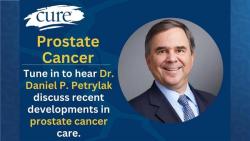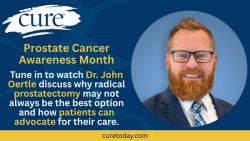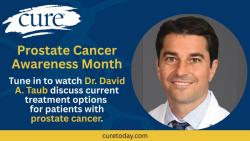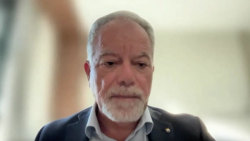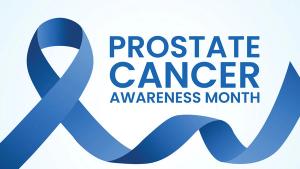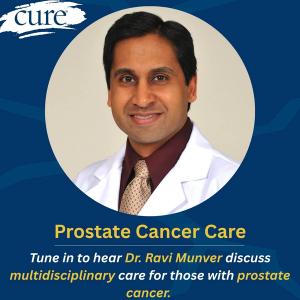Exercise May Improve Sexual Dysfunction in Men With Prostate Cancer
Men with prostate cancer who participated in group-based resistance and aerobic exercise regimens had improved sexual function compared with those who underwent usual care.
Men with prostate cancer who performed supervised aerobic and resistance exercise had improved erectile function and intercourse satisfaction compared with those who did not do the exercises, recent study findings demonstrated.
Results from the study, which were presented at the 2023 American Society of Clinical Oncology (ASCO) Breakthrough Meeting, also showed that self-managed psychosexual therapy did not provide additional improvement for this patient population.
“Our study shows that these patients can immediately benefit from supervised exercise interventions to improve their sexual health and that exercise should be considered as an integral part of treatment for prostate cancer,” Daniel Galvao, from the Exercise Medicine Research Institute at Edith Cowan University in Perth, Australia, said in an ASCO press release.
With this study, researchers aimed to assess the effects of exercise with and without psychosexual therapy on sexual health in men with prostate cancer.
“Sexual dysfunction is a common, distressing and persistent side effect of prostate cancer treatment,” Galvao said in the release. “Nearly half of patients with prostate cancer report having unmet sexual health care needs, highlighting the lack of current health care services to adequately address the demand for management of sexual dysfunction after prostate cancer treatment.
To do so, researchers analyzed data from 112 men with prostate cancer who either previously or were currently undergoing treatment and has voiced concerns regarding sexual dysfunction. Patients were randomly assigned either six months of group-based resistance and aerobic exercise (39 patients), the exercise program with psychosexual therapy (36 patients) patients or usual care (37 patients).
The workout regimen involved men exercising three days per week at exercise clinics at a university. Men assigned psychosexual therapy underwent a self-management intervention designed to address sexual and psychological wellbeing.
Researchers monitored several factors throughout the study included sexual health, which was assessed with an international scoring system; physical function; body composition and muscle strength.
During the study, exercise alone improved erectile function — which researchers considered exceeding minimally clinically important differences — compared with usual care. Satisfaction with intercourse also improved with exercise versus usual care.
Researchers noted in the abstract that self-managed psychosexual therapy did not contribute to further improvements in these areas.
Exercise, compared with usual care, improved physical function outcomes and prevented an increase in fat mass. It also improved upper and lower body muscle strength.
“Exercise has previously been shown to improve some side effects of prostate cancer treatment,” Dr. Peter Paul Yu, medical oncologist/hematologist and director of cancer research at Palo Alto Medical Foundation in California and an ASCO expert, said in the release. “This data extends the benefits of exercise for patients with prostate cancer to also include sexual dysfunction, furthering the importance of physical activity for these patients.”
For more news on cancer updates, research and education, don’t forget to subscribe to CURE®’s newsletters here.
Related Content
 Prostate Cancer Survivor Encourages Men to Speak Up and Get Tested
Prostate Cancer Survivor Encourages Men to Speak Up and Get TestedSeptember 17th 2025
 Prostatectomy Not Guaranteed to be Curative in Prostate Cancer
Prostatectomy Not Guaranteed to be Curative in Prostate CancerSeptember 15th 2025
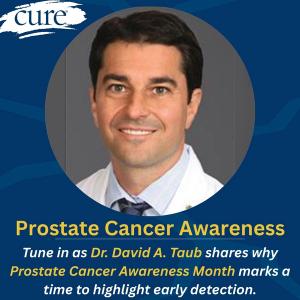 Prostate Cancer Awareness Month: Focus on Detection and Treatment
Prostate Cancer Awareness Month: Focus on Detection and TreatmentSeptember 3rd 2025
View additional resources on CureToday.com


